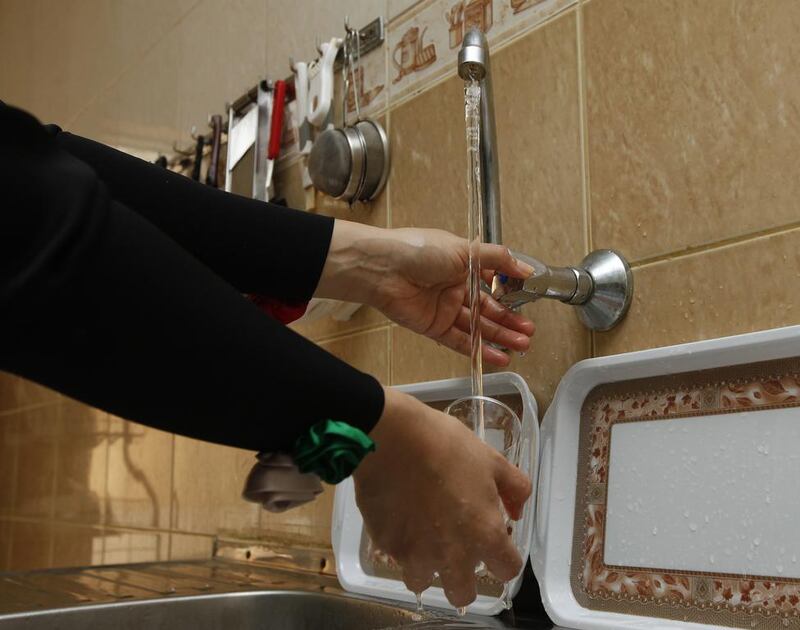Many Abu Dhabi residents are going to get a shock when they open their electricity and water bills next year. As The National reported yesterday, from January 1 customers of both Abu Dhabi Distribution Company and Al Ain Distribution Company will be charged higher tariffs, and those tariffs will increase as consumption increases. The change also means that Emiratis will be paying for water for the first time.
At first glance, this is bad news. It will certainly hit us all in the hip pocket – but the reality is that such a change, coordinated by the emirate’s Regulation and Supervision Bureau, was inevitable. The bottom line is that electricity and desalinated water are expensive to produce and deliver, and we’ve been paying too little for too long for these essential utilities.
While nobody will escape paying a higher minimum tariff, the new charges have been designed to reward those who are careful with their consumption. With both power and water, there is a “green zone” for those who use up to a certain amount per day, with the costs for usage in the “red zone” beyond that to be more reflective of the actual price of production and supply. Different rates and conditions will apply for expatriates and Emiratis, but the principle will be the same.
The important thing here is the recognition that electricity and water are valuable commodities that have, until now, been greatly subsidised. Placing a retail price on them – albeit one that is still lower than the actual cost – is a step towards making consumers aware that scarce resources need to be conserved. This isn’t – or shouldn’t be – about revenue raising for the distribution companies, it’s about people coming to terms with a more sustainable lifestyle.
As customers, we now have the incentive to minimise our bills by taking simple steps such as limiting the length of showers, turning off running taps, fixing leaks, switching off power-hungry air-conditioners and “instant-on” devices when they are not needed, installing lower-wattage light bulbs, double-glazing or tinting windows, and using energy-efficient household appliances.
If the first utility bill next year jolts enough people into action, then the emirate and the country will be well on their way towards reaching their targets for a sustainable future.





